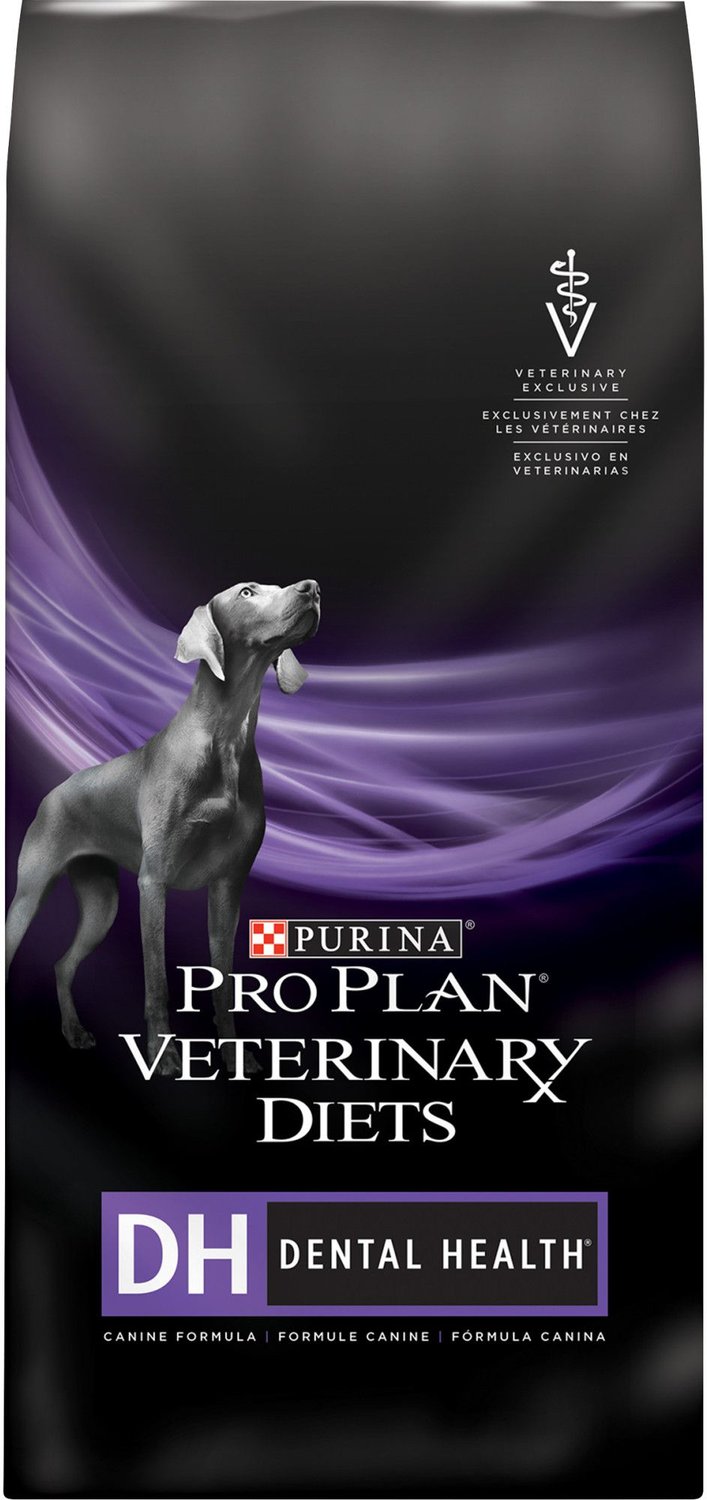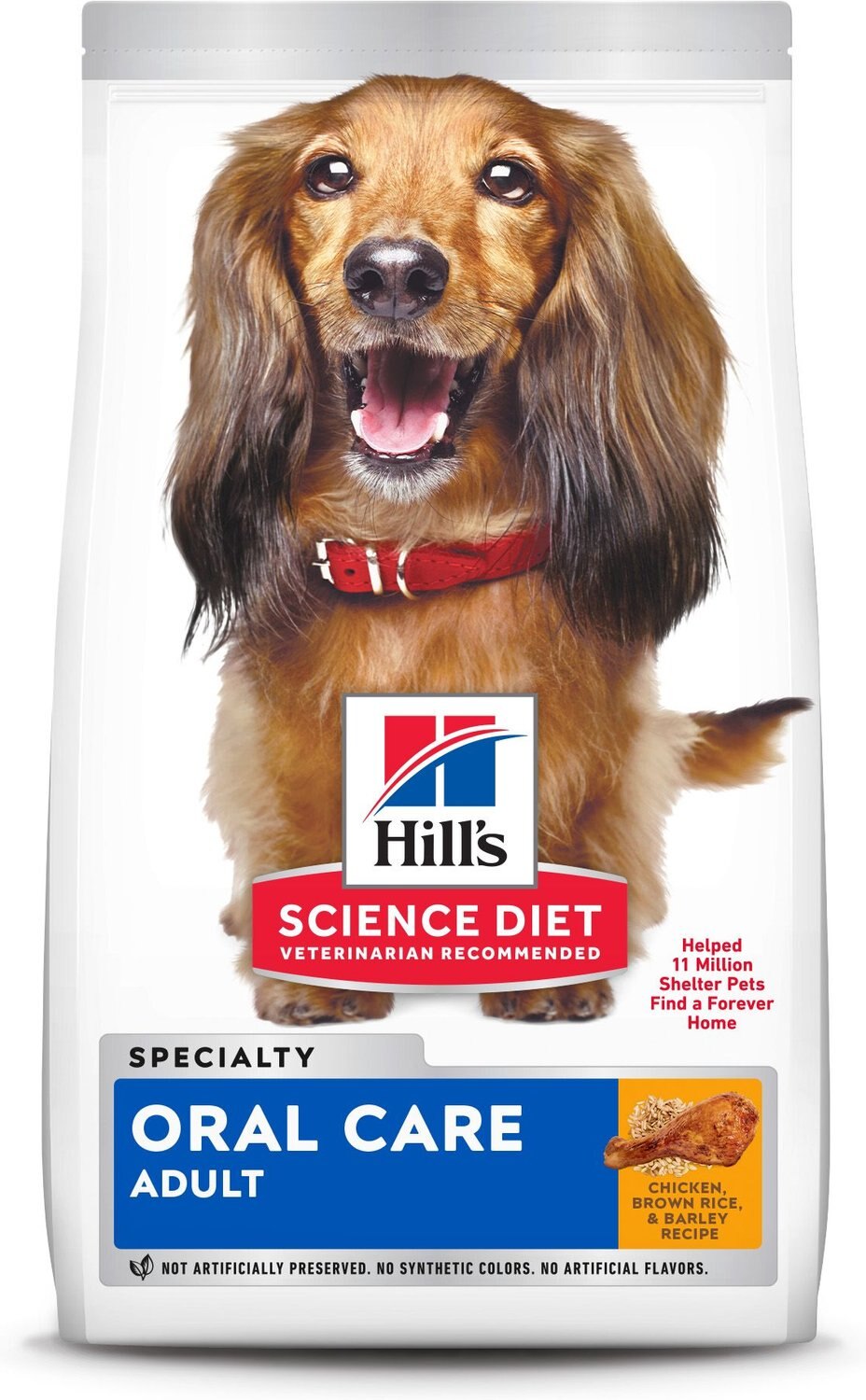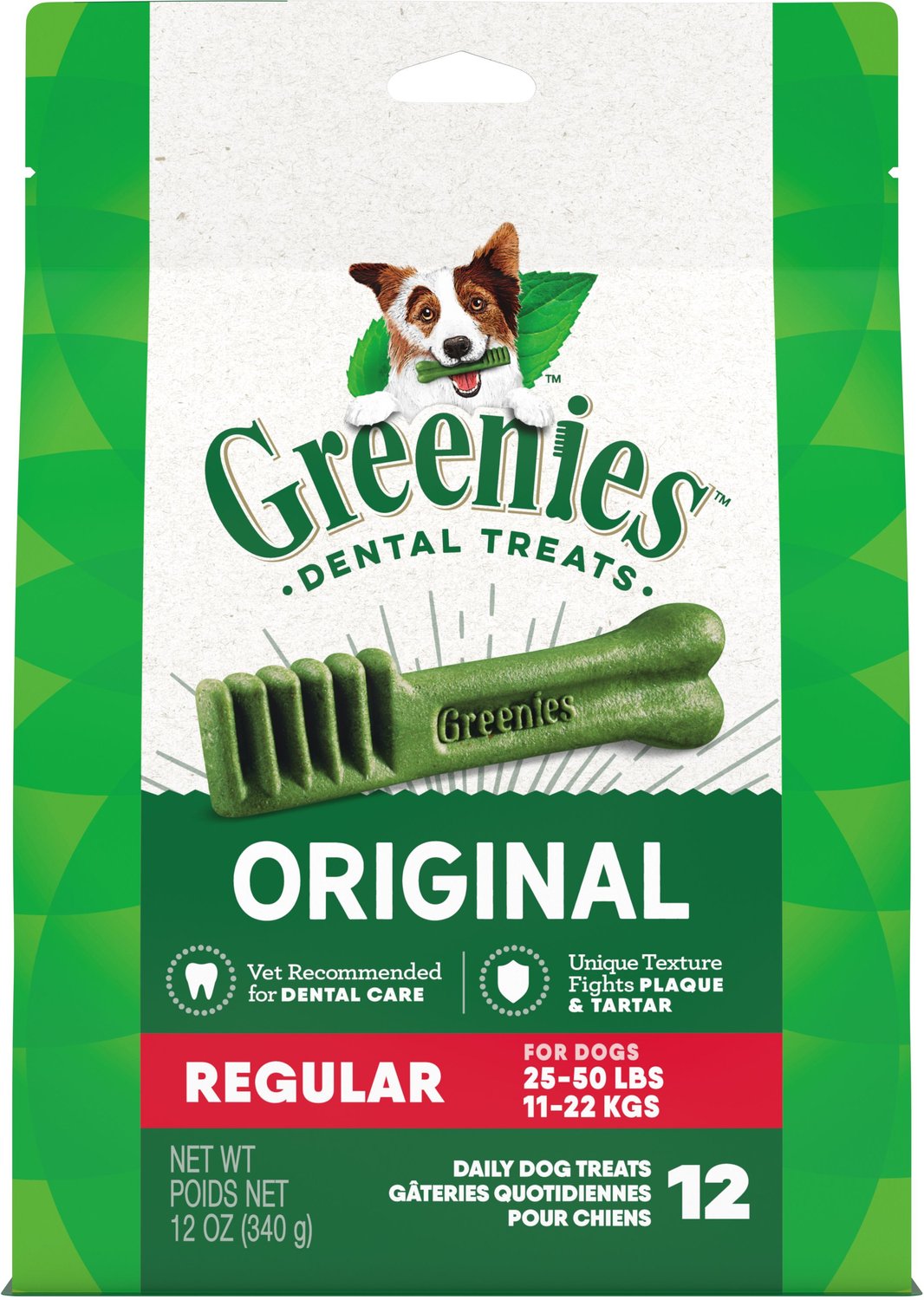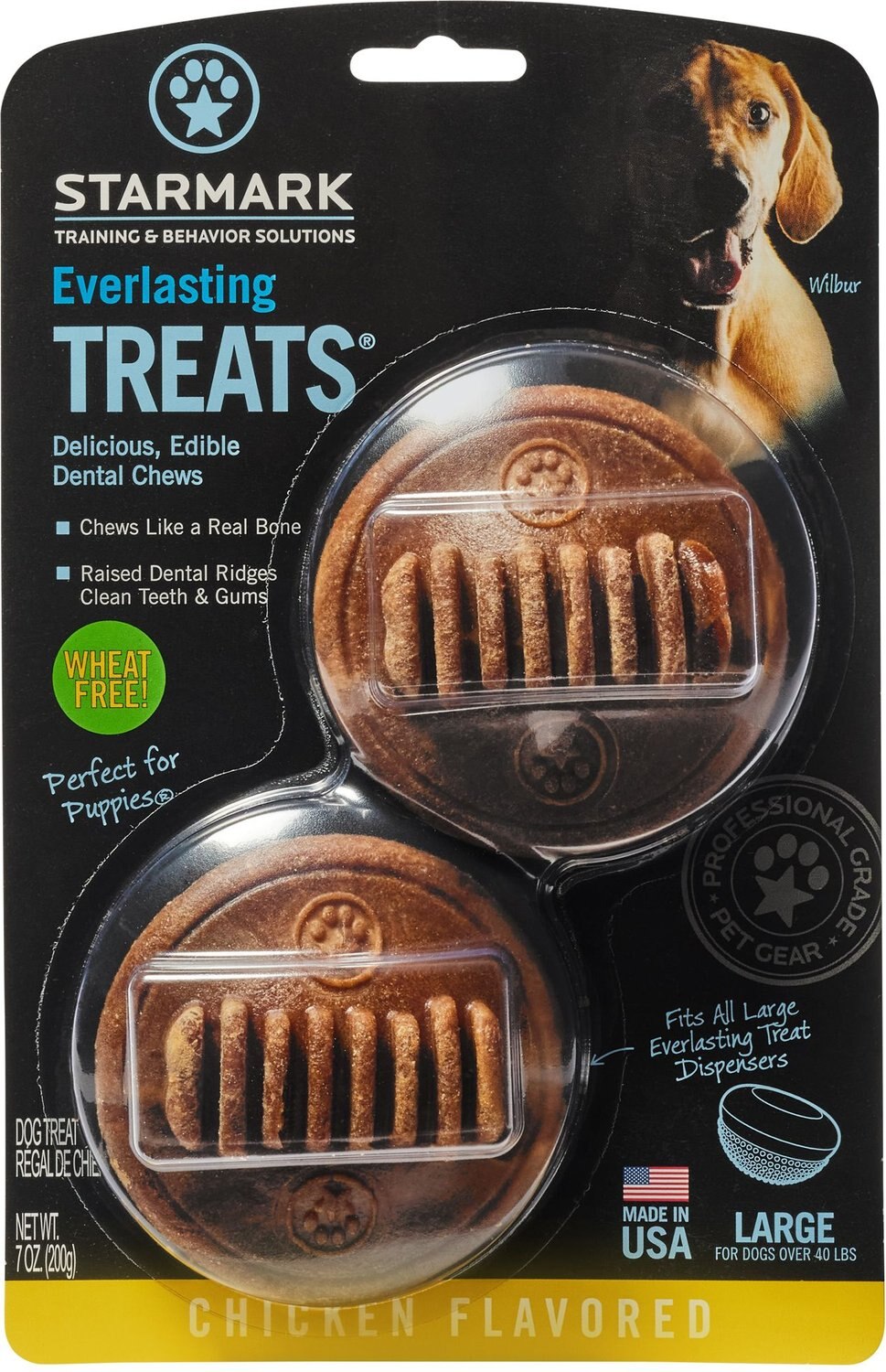How to Take Care of Dog Teeth
Maintaining your dog’s teeth is more than just preserving that winning smile. Strong, healthy teeth are essential to your pet’s quality of life. From eating to playing, teeth figure largely in your furry buddy’s day-to-day activities.
So if you want your dog to live a healthy, happy life, it’s important to pay attention to their dental wellness.
What healthy dog teeth should look like
Checking your dog’s pearly whites regularly is an important part of responsible pet ownership. It’s the very first step in preventing and treating dental problems, so this is something that every fur parent should do at least every week.
You will know your pet’s teeth are healthy if they are white, uniformly-colored, free from cracks, and securely attached to the gums. You’ll also need to pay attention to the gums themselves, as they can tell you if there are problems with the part of the teeth that we cannot see. Gums should be moist, pink, and smooth.
Danger signs include soft bits of food stuck in between the gum line called plaque. A progression of this is called calculi or tartar, which is plaque that has hardened and usually houses a thriving bacterial colony. Any swelling, redness, or bleeding in the gums are red flags that something’s up with the tooth’s roots. Aside from a visual inspection, an olfactory one should be made too, as stinky breath could be a sign of poor dental hygiene.
Factors affecting canine dental health
Dental health issues in dogs can stem from factors external to and internal to the tooth. Addressing both is essential to maintaining your dog’s quality of life.
Nutrition
Just as in humans, dogs need a balanced diet for healthy bones and teeth. The most important nutrients to dental health are calcium, phosphorus, and Vitamin D.
Calcium and phosphorus are minerals that give bones and teeth their strength. Animals are able to absorb these nutrients from the diet through the action of Vitamin D. For the body to function properly, there should be a little more calcium than there is phosphorus in the body. The parathyroid hormone is tasked with maintaining this ratio, and it does so by decreasing phosphorus levels through urinary excretion, and increasing calcium levels through releasing the calcium stored in bones and teeth.
Teeth that contain less calcium are weak, loose in their sockets, and easily fractured. There are three ways in which this happens:
- Calcium-poor diet
There’s not enough calcium in it to provide for your dog’s needs. - Low Vitamin D levels
Without Vitamin D, your dog won’t be able to absorb calcium in its food even if there’s more than enough to go around. - Excessive phosphorus in the diet
To excrete the excess from the body, more parathyroid hormone is secreted. Unfortunately, it not only gets rid of phosphorus, it also causes release of calcium from the teeth and bone.
Plaque buildup
When plaque get stuck around the teeth and its socket, the environment around the teeth is altered. The good bacteria that is normally found in the mouth is driven out because those old bits of food block out the oxygen that they need to survive. In their place, destructive anaerobic bacteria thrive and proliferate. The toxic byproducts produced by the bacteria can irritate the gums, causing gingivitis. Over time, the plaque hardens into a substance known as calculus or tartar--which is much more difficult to remove.
In an attempt to remove the pathogenic bacteria, the dog’s immune system will fight it off with inflammation. Unfortunately, it’s a losing battle. The collateral damage in the fight are the gum tissues and other structures keeping the teeth attached to the bone. This is called periodontitis, and dogs in this condition suffer from swollen, bloody, painful gums, bad breath, and loose teeth.
Chewing habits
Healthy teeth are strong and pretty resistant to breakage, but even these are no match for materials that are not meant to be chewed. Many owners give their dogs bones, hooves, or antlers with the good intention of removing the plaque while allowing their dog some fun. But hard materials are more likely to break the teeth than clean them.
Ditto for dogs who tend to chew through cages, doors, and gates in their anxiety or boredom. Pica behavior, or the tendency to eat things that are non-food items, also poses a problem to your pet’s health.
How to keep your dog’s teeth healthy
Provide proper nutrition
A balanced diet is the key to giving your dog healthy, strong teeth from within. Remember that nutritional requirements will vary depending on the age and life status of your dog. For example, young puppies require more nutrients to support the growth of their skeletal system. Dogs that are nursing puppies need enough calcium to support both their needs and their puppies’.
Consider changing dog food
Some studies have shown that appropriately large dry kibble can prevent plaque build-up and is associated with better oral health compared to soft dog food. The large size is thought to promote longer chewing time and the texture provides mechanical abrasion. In addition, dry food promotes salivary production more than soft food does. The enzymes in saliva can fight off bacteria, making it a natural way to protect the mouth.
However, some studies show that standard dry kibble is unlikely to make a significant improvement in your dog’s dental health because they shatter when they’re bitten into, leading to less mechanical friction to dislodge the plaque.
If you want a surefire way to prevent and even reverse teeth problems, you might want to consider shifting to specialized diets. In addition to the large size and dry texture, these have anticalculus agents that can mechanically remove plaque or chemically bind to the minerals that contribute to calculi formation. Check the Veterinary Oral Health Council (VOHC) for a list of products that they have tested and proven to back up their claims. A couple of our top picks from the VOHC list are:

Pro Plan Veterinary Diets DH Dental Health Formula Dry Dog Food

Science Diet Adult Oral Care Dry Dog Food
Do regular teeth cleaning
To prevent plaque build up, you need to consistently and regularly remove those tiny bits of food from your dog’s mouth. Ideally, brushing three times a week is recommended, but a lot of dogs do not enjoy the sensation, causing fur parents to give up within a few days. Instead, prioritize teeth cleaning methods that are acceptable to your dog and convenient to you as an owner. Fortunately, there are a lot of innovative products on the dental health market. Whichever method you choose, make sure that it is something that you can sustainably do on the regular. Learn more: How to brush a dog’s teeth.
Specially-made canine toothbrushes and meat-flavored toothpastes help make the process safe, tolerable--and even enjoyable--for dogs, particularly if they have been exposed to it from a young age. If brushing is really not your dog’s cup of tea, you may want to try canine dental healthcare products that contain anti-bacterials like green tea extract, mineral binders like sodium hexametaphosphate, breath fresheners like chlorophyll, and natural antioxidants. These may come in oral sprays, leave-on mouth gels, dental wipes, and food or water additives. Check the VOHC for products that have been scientifically proven to be effective.
Choose appropriate chew treats and toys
The more a dog chews, the more likely plaque will be removed. But not all chew treats and toys are created equal. What you want is a firm but soft texture that can dislodge stuck food bits without breaking your dog’s teeth, injuring their mouths, or causing blockages in their intestines.
There are VOHC-approved chew treats that you can give your dog which have the right texture, plaque-fighting ingredients, and high palatable and easily digestible components that won’t cause your dog harm.
Choose chew toys that are appropriately sized, do not easily break, and have a firm, flexible texture. Avoid hard plastics, bones, and other tough, animal-based products as these have been shown to increase the likelihood of teeth fracture with no significant benefit in preventing periodontitis. Regardless of the chew toy you choose, be sure to supervise your dog as they go to town on it. It’s not only fun to watch your dog have fun, it’s also a way for you to give immediate assistance if anything unexpected happens.

Regular Dental Dog Treats

Everlasting Chicken Flavored Dental Dog Treats
Visit your vet for dental prophylaxis
Specialized diets, additives, treats, and chew toys are all well and good to minimize plaque build-up, but they are no substitute for a proper cleaning done by a veterinarian. They will examine your dog’s teeth to assess the condition and help make improvements in your dental care regimen. During dental prophylaxis, vets use specialized equipment and medications to remove the plaque and calculi that has accumulated in your dog’s mouth, down to the very last crevice. This is done at least once a year, depending on your dog’s oral health condition.
Resources
Bellows, J., Berg, M. L., Dennis, S., Harvey, R., Lobprise, H. B., Snyder, C. J., Stone, A., & Van de Wetering, A. G. (2019). 2019 AAHA Dental Care Guidelines for Dogs and Cats. Journal of the American Animal Hospital Association, 55(2), 49–69. https://doi.org/10.5326/JAAHA-MS-6933
Hennet, Philippe & Servet, E & Soulard, Y & Biourge, V. (2008). Effect of Pellet Food Size and Polyphosphates in Preventing Calculus Accumulation in Dogs. Journal of veterinary dentistry. 24. 236-9. 10.1177/089875640702400405.
Jerzy P. Gawor, Alexander M. Reiter, Katarzyna Jodkowska, Grzegorz Kurski, Marek P. Wojtacki, Anna Kurek, Influence of Diet on Oral Health in Cats and Dogs, The Journal of Nutrition, Volume 136, Issue 7, 1 July 2006, Pages 2021S–2023S, https://doi.org/10.1093/jn/136.7.2021S
VOHC Accepted Products for Dogs

